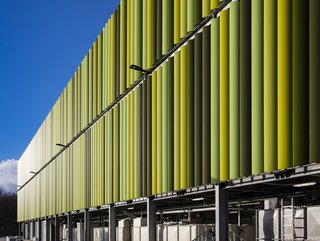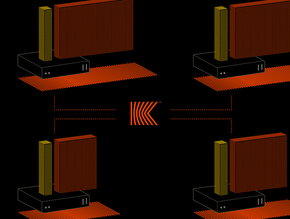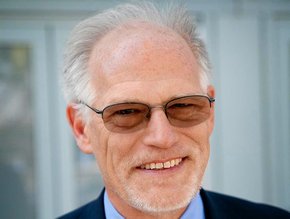Kao Data launches Kao Academy initiative for children

Kao Data, the specialist developer and operator of high-performance data centres for enterprise, cloud, HPC and AI, has today launched the Kao Academy – an industry-first science, technology, engineering, and maths (STEM) resource, designed to engage primary and early secondary school-aged children with the purpose and role of a data centre.
Created in collaboration with Cambridge Science Centre, an independent, educational charity, the Kao Academy will help teach children aged 7-11 about the role of a data centre, how they are designed, engineered and constructed, and explain both their importance and relevance to our everyday lives.
"Data centres are today instrumental to our way of life – they underpin many of our daily activities, support our work, entertainment, retail and financial choices, facilitate human inter-communication and were fundamental in the response to the Covid-19 pandemic," said Adam Nethersole, Vice President, Kao Data. "Despite all of this, general understanding and appreciation of data centres is surprisingly low. Starting with children, and through the Kao Academy, our mission is to drive greater awareness of data centres, their crucial role, and showcase the people who design, build, and operate them."
Dedicated resources to help children gain a better understanding of the data centre industry
Delivered via an interactive website, the Kao Academy provides users with several dedicated resources, including a live 'data-crunching' game, a downloadable 'how-to' pack which children can download to build their own data centre, as well as educational videos on how Kao Data's award-winning KLON-1 facility in Harlow was constructed. Participants can also download additional e-learning resources to learn and play, and take part in a competition to get creative and design their own data centre, potentially winning £150 of LEGO and earning a special visit to the Kao Data campus in Harlow.
The data centre skills shortage has long been hailed as one of the industry's most significant challenges and in 2021, the Uptime Institute estimated staff requirements within the sector would grow to almost 2.3 million by 2025. STEM subjects have long been synonymous with the data centre industry and children who excel in science, technology, engineering, and mathematics are expected to play a key role in both the growth of the UK digital economy and the country's future as it continues to reinforce its position as a global leader in tech.
Kao Data has long-championed science and technology, and the company is named after Sir Charles Kao, who in 1966 first discovered and pioneered the use of optical fibre technology on the campus where Kao Data's high performance Harlow data centres reside. This scientific breakthrough paved the way for the birth of the Internet, cloud, and supercomputing. Fittingly, the UK's fastest supercomputer, NVIDIA's Cambridge-1, is located at Kao Data, using the same technology to identify breakthroughs in digital biology and healthcare.






